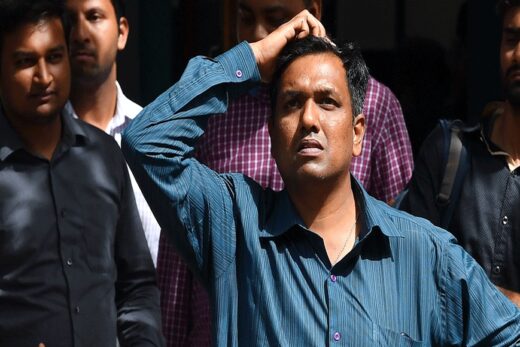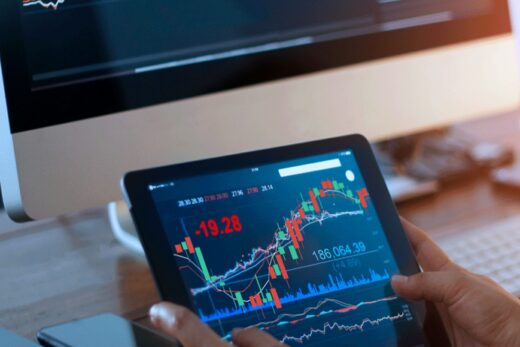After the bloody March 2020, when the bourses tanked about 35 per cent in a single month after the WHO declared COVID-19 as a global pandemic, the market was on a song from June.
The markets ended the year to December with a 15 per cent gains and the fiscal year to March with a historic 68 per cent, the second best in its history after an 80 per cent in 2008-09 after taking 40 per cent due to the global financial crisis in the previous year.
Brokerages and exchanges on an average added 12-15 lakh new investors every month in the past 14 months, taking the total to 6.97 crore, BSE Chief Executive Officer Ashish Kumar Chauhan told PTI.
He added that 40 per cent of the new demat accounts were added by the BSE brokers.
As of May 31, there were over 6.9 crore demat accounts in the country. Of this, about a quarter of them are from Maharashtra, followed by Gujarat with 85.9 lakh accounts, according to the investor data available with the BSE as of May 31.
“The BSE has added almost 40 per cent more investor accounts aggregated for all members in the past 15 months. To be precise, between March 2020 and end-May 2021,” Chauhan said.
The pace of investor accounts even on a larger base suggests that automation and mobile trading are taking investments in stocks and mutual funds to nooks and corners of the country, he added.
After Maharashtra and Gujarat, which traditionally have been leading the market when it comes to investors and investment, the third is UP with 52.3 lakh investor accounts (very small compared with the state’s huge population of about 20 crore), fourth is Tamil Nadu with 42.3 lakh accounts, and the neighbouring Karnataka is closely behind with 42.2 lakh ranking fifth.
Bengal comes next with 39.5 lakh at the sixth slot, followed by Delhi (37.3), Andhra (36), Rajasthan (34.6), MP (25.7), Haryana (21.2), Telegana (20.7), Kerala (19.4), Punjab (15.2), and Bihar (16.5).
Excluding Assam, which has 7.6 lakh demat account holders, all other northeastern states together have under 1.70 lakh accounts.
The tiniest territory Lakshadweep has the lowest number of demat account holders at just about 480, following Andaman & Nicobar with 9,700 accounts, according to the BSE data.
But, a vast majority of these accounts are inactive. An industry study in March 2020 said only a fourth of then 4 crore accounts were active.
According to Sebi guidelines, a demat account that has not been operated for a year is considered inactive.
During the financial year 2021, the Sensex zoomed a massive 20,040.66 points or 68 per cent, while Nifty skyrocketed 6,092.95 points or 70.86 per cent despite the pandemic blues. This was considerable as it came a negative return of 30 per cent in 2019-20.
The FY21 rally was the best after the FY09 rally when it skyrocketed 80 per cent after tanking 40 per cent, following the global financial crisis that began in September 2007.
The massive rally in the market was driven by record foreign investments pumping in a net record of USD 35 billion into the equities in the fiscal.
Even after that, in the first four days of June, they pumped in Rs 8,000 crore. The latest inflow comes following a net withdrawal of Rs 2,954 crore in May and Rs 9,659 crore in April.
Prior to April’s outflow, FPIs had been infusing money in equities since October. They invested over Rs 1.97 lakh crore in equities between October 2020 and March 2021. This included a net investment of Rs 55,741 crore in the first three months of this year.
So far this year, overseas investors have put in a net sum of Rs 51,094 crore into equities. However, they pulled out Rs 17,300 crore from debt securities, according to data from the depositories.



